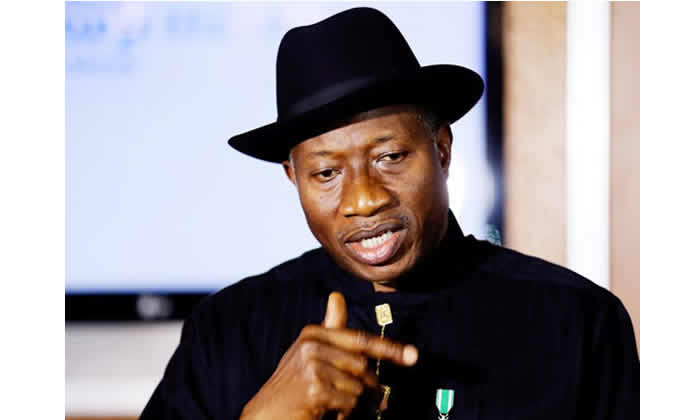By Eniola Amadu
Former president Goodluck Jonathan, has called for improvements in the Nigerian electoral system, emphasising on the process for selecting the Independent Electoral Commission Chairman (INEC) and resolving post-electoral disputes.
He made this known through his representative, the executive director of the Goodluck Jonathan Foundation, Ann Iyonu, at the National Action Plan for Electoral Reform Dialogue, organised by the Abuja Schools of Social and Political Thought.
He admits Nigeria’s progress since the return to democratic rule in 1999, however, he noted recurring faults in her electoral system.
READ ALSO: ADC criticises PDP’s 2027 zoning as tactic to lure Obi, Jonathan, Amaechi
According to him, “Nigeria has made notable progress since our return to democratic rule, but we must acknowledge that our electoral system still faces significant challenges.
“If we are truly committed to democracy, we must be bold enough to reform the process to better reflect the will of the people and the principles of justice, accountability, and inclusion,”
Recommending a solution, Jonathan advocates for an independent committee composed of representatives from the Judiciary, civil society, professional bodies, academia, and trade unions to handle the screening and nomination process of the INEC Chairman.
“Credibility of elections rests heavily on the neutrality and competence of the independent National Electoral Commission.
“So many questions have continued to be raised on the propriety of the process of appointing the INEC Chairman. I believe that Nigeria can also improve the process by establishing an independent screening and nomination mechanism.”
“This reform will reduce perceptions of bias, it will promote public trust in INEC, and enhance the legitimacy of its decisions,” he added.
Speaking on the necessity of settling all post-election disputes prior to the inauguration of elected officials, Jonathan stressed that unresolved cases disrupt governance and erode public confidence.
“It creates confusion and undermines governance when candidates with unresolved election cases assume office only to be later removed by the courts.
“This undermines the authority of the office and the credibility of the electoral process. Justice delayed in elections is justice denied, not just for the candidates, but for the electorate,” he said.
He further opined that the judicial process be regulated by limiting the number of courts permitted to handle electoral cases, especially those concerning governorship and presidential elections.
Jonathan emphasised that electoral reforms transcends party interests, stressing that they are vital for strengthening Nigeria’s democracy.
READ ALSO: Activist Farotimi rejects calls for Jonathan’s 2027 return
He noted that democracy goes beyond casting ballots, encompassing the building of strong institutions, the promotion of accountability, and the protection of citizens.
“Democracy is not just about casting ballots. It is about building institutions, promoting accountability, and protecting the citizens. The reforms we are discussing today are not partisan. They are patriotic. They are not meant to benefit any one group, but to strengthen Nigeria.”



